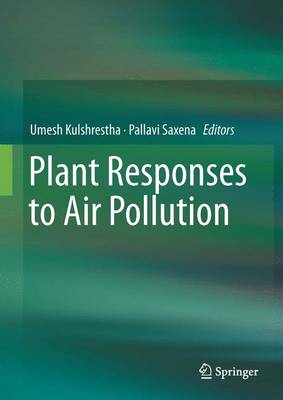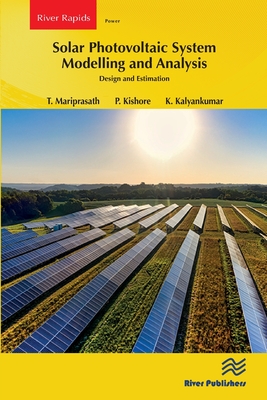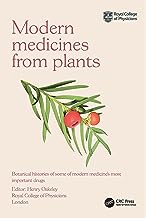
Plant Responses to Air Pollution
植物应对大气污染
植物学
¥
1105.00
售 价:
¥
884.00
优惠
平台大促 低至8折优惠
发货周期:预计8-10周发货
出 版 社
出版时间
2016年11月01日
装 帧
精装
页 码
195
开 本
0.00 x 0.00 x 0.00
语 种
英文
综合评分
暂无评分
- 图书详情
- 目次
- 买家须知
- 书评(0)
- 权威书评(0)
图书简介
This book focuses upon air pollution, types of air pollutants and their impact on plant physiological and biochemical systems. The book begins with a brief background on air pollution and continues with a discussion on different types, effects, and solutions to the pollution. The chapters that follow, explore the different effects of pollution on chloroplasts, respiration, biochemistry and physiology of plant cells. Moreover, it covers the basic concepts of atmospheric transport and transformations of pollutants, and issues of global change and the use of science in air pollution policy formulation. It also emphasises about the effects of air pollutants in altering plant response to common stresses, both abiotic and biotic - fields by giving the focus on the physiology of plant. This book act as a valuable tool for students in Environmental Science, Biological Science and Agriculture. It will be unique to environmental consultants, researchers and other professionals involved in air quality and plant related research.During past few decades, air pollution and poor air quality have been the issues of common concerns. Degraded air has adverse effects on various system of plants by creating a stress which develops biochemical and physiological disorder in plants. Chronic diseases and/or lower yield have reported consequences of air pollution effect. A large number of biochemical and physiological parameters have been used to assess impact of air pollution on plant health. Photosynthetic machinery and respiratory system are the most affected domain of plants. However, the survival of plants depend on various internal and external factors such as plant community, types of air pollutants, geographical region, meteorological conditions and soil moisture etc. Plants respond to both biotic and abiotic stresses accordingly. Many tolerant plants survive easily even in higher air pollution region. Certain plant species absorbs selected gaseous air pollutants and hence plants are effective tool for air pollution remediation.
本书暂无推荐
本书暂无推荐















